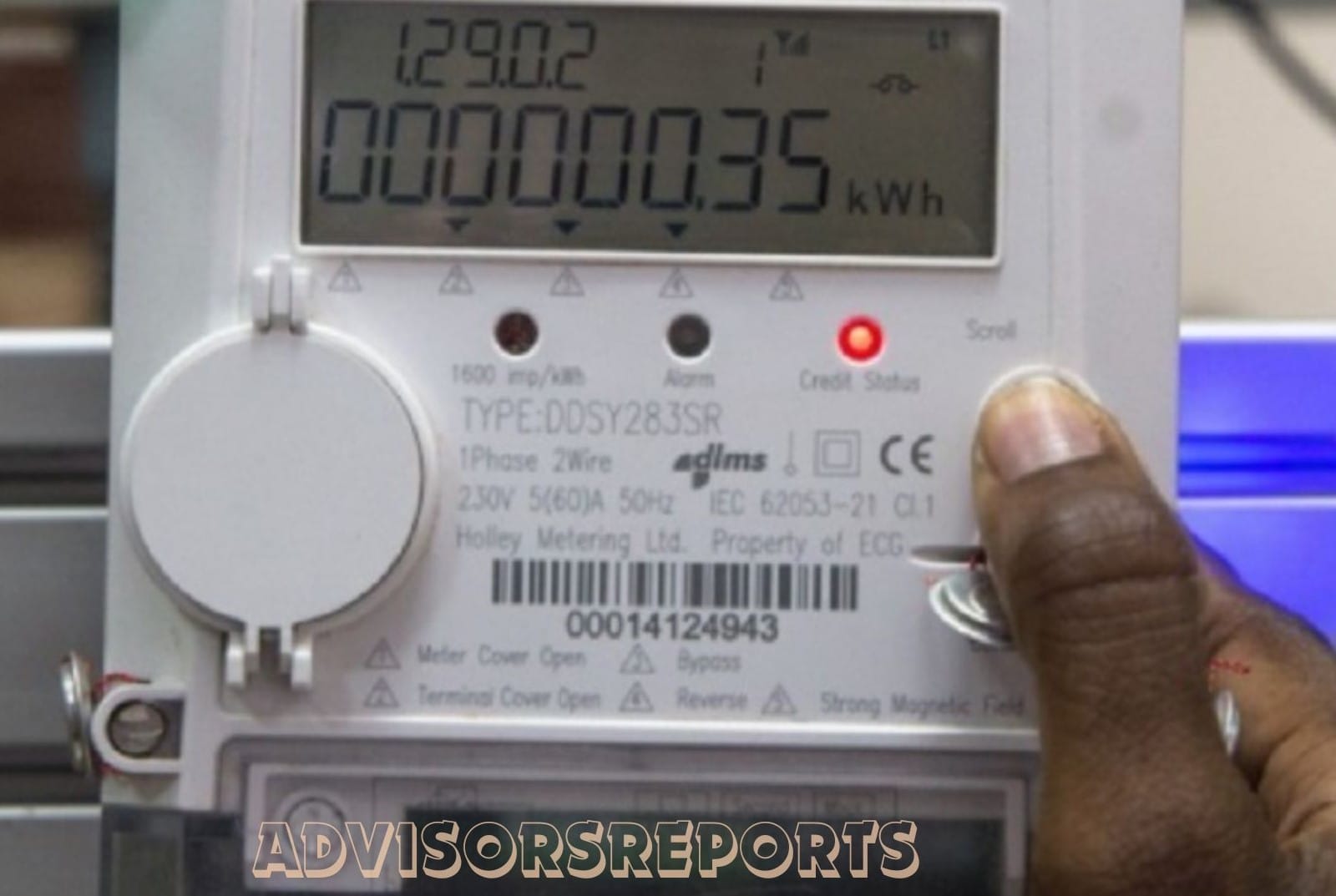… metering rate stagnates at 50% post-privatisation, despite CAPMI, NMMP, MAP interventions
… NERC identifies PMI, DISREP, MAF as key interventions to bridge metering gap
Oredola Adeola
Between November 2013 and November 2024, approximately 3.03 million prepaid electricity meters were installed across Nigeria under various initiatives, bringing the total number of metered customers to 6.15 million, while an estimated 6.13 million customers remain on estimated billing.
Analysis by Advisors Reports reveals that despite various metering interventions, including the CAPMI, NMMP, and MAP schemes, Nigeria’s metering gap remains significant at approximately 50%, posing a major challenge to the power sector’s financial sustainability.
This was revealed in a document presented by Dr. Yusuf Ali, Commissioner for Planning, Research, and Strategy at the Nigerian Electricity Regulatory Commission (NERC), at the PwC’s Annual Power and Utilities Roundtable while speaking on the theme: “Reigniting hope in Nigeria’s electric power sector” in Lagos.
Further analysis by Advisors Reports reveals a persistent metering gap in Nigeria’s electricity sector despite ongoing interventions.
In 2020, only 4.66 million prepaid meters were installed out of a demand of 11.84 million, leaving 8.17 million customers unmetered.
The trend continued in 2021, with 4.69 million meters installed out of 12.86 million, leaving 7.18 million unmetered.
By 2022, the metering rate improved slightly to 42.22%, with 5.13 million meters installed out of 12.15 million, leaving 7.02 million unmetered.
In 2023, installations reached 5.84 million out of 13.16 million, while 7.32 million remained unmetered.
As of 2024, only 6.15 million meters have been installed out of a total demand of 13.33 million, leaving 6.15 million unmetered.
This brings the metering rate to 46.14%, still hovering around 50%, underscoring that nearly half of all electricity consumers are billed based on estimates.
Dr. Ali noted that the metering challenge is exacerbated by inadequate customer enumeration across Distribution Companies (DisCos).
He said, “Metering is the lifeblood of revenue recovery; the effectiveness of tariff reforms will be imperiled by poor metering.
The NERC Commissioner expressed optimism that the ongoing transition from Service-Based Tariffs (SBT) to cost-reflective tariffs would drive a significant increase in the number of customers captured under the metering framework.
He highlighted recent interventions aimed at accelerating the deployment of end-user meters, including the Presidential Metering Initiative (PMI), the World Bank-funded Distribution Sector Recovery Program (DISREP), and the Meter Acquisition Fund (MAF), as critical steps toward closing Nigeria’s metering gap.
Advisors Reports gathered that the Government, in partnership with the Nigerian Sovereign Investment Authority (NSIA), has allocated ₦1.325 trillion to the Presidential Metering Initiative (PMI) to address Nigeria’s metering gap, which exceeds seven million meters.
Minister of Power Adebayo Adelabu recently highlighted the urgency of the initiative, stating that at least two million meters must be installed annually over the next four to five years to meet the target.
An initial ₦75 billion has been set aside as seed capital, with the NSIA committing a minimum of ₦250 billion annually and plans to secure additional debt financing.
The initiative aims to eliminate estimated billing, recover approximately ₦1 trillion in lost revenue, and enhance the financial viability of electricity distribution companies (DisCos).
Complementing the PMI is the Meter Acquisition Fund (MAF), which has accrued over ₦21 billion since its launch in 2023, primarily from deductions from DisCos’ revenues.
The NERC has also directed DisCos to deploy these funds for immediate metering, prioritizing customers on Band A tariffs to ensure accurate billing and improved customer satisfaction.
International support through the World Bank’s $500 million Distribution Sector Recovery Program (DISREP) also contributes to this effort, despite facing implementation challenges.
With these combined interventions, the government aims to accelerate meter deployment, close the metering gap, and improve electricity access across Nigeria.




